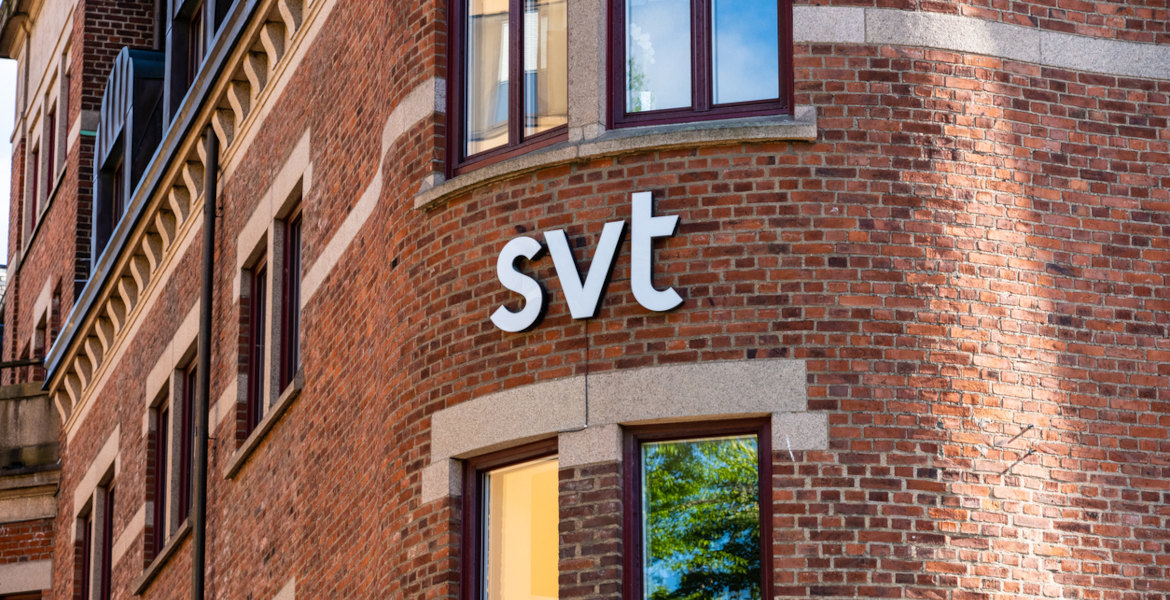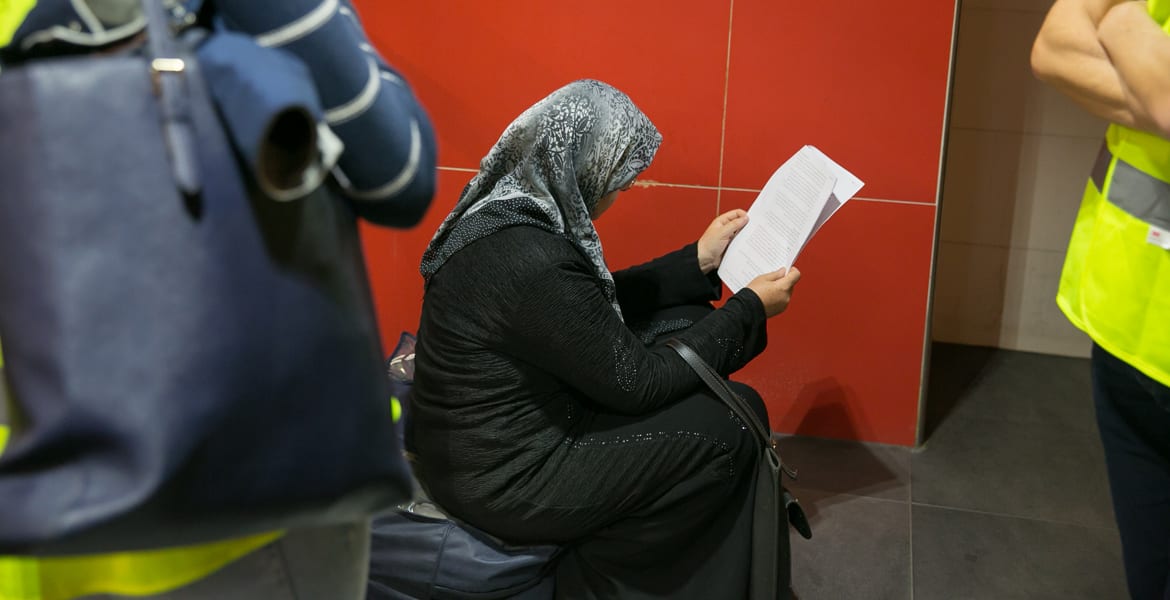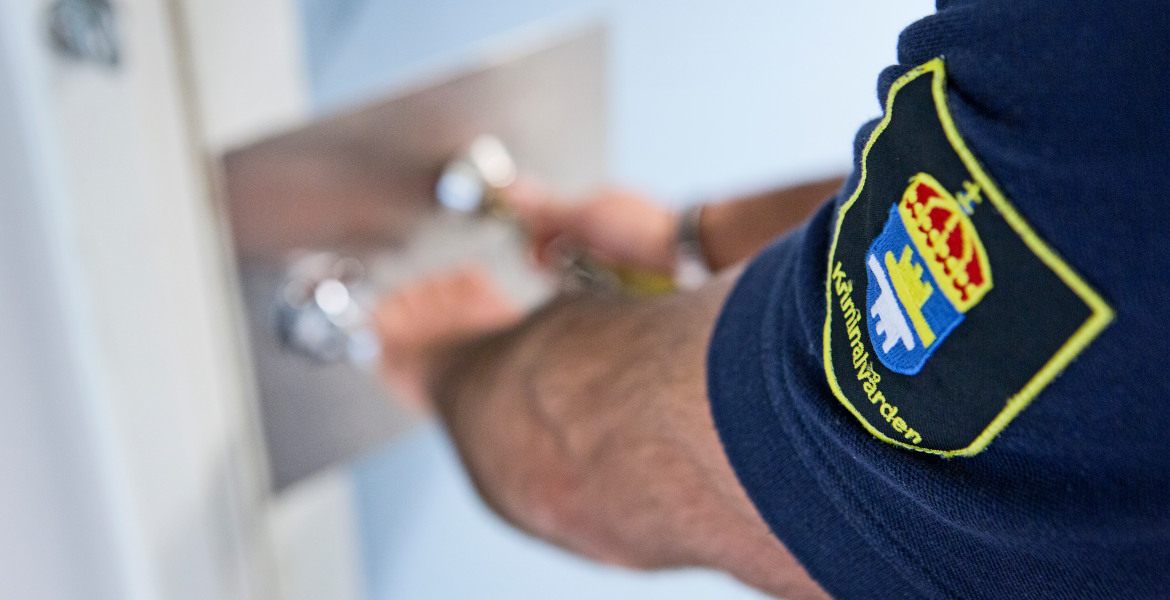The Swedish government's significant increase of the return migration grant at the turn of the year is meeting mixed reactions among the population. A new opinion poll shows that support is strongest among foreign-born residents in so-called vulnerable areas – and weakest among left-wing voters.
At the same time, debate is growing about how the grant should be used and what effects it may have for municipalities and the state.
When the Tidö government (Sweden's center-right coalition government) raises the return migration grant from approximately €900 to €31,000 at the turn of the year, the goal is to encourage more migrants who are deemed difficult to integrate to voluntarily return to their countries of origin.
The reform has created extensive political debate, not least after several red-green (left-wing) municipalities indicated their opposition to the measure.
This has led representatives from the Tidö parties and the Sweden Democrats to question whether state support should continue to municipalities that do not participate in the program.
Now a new survey from Indikator Opinion, commissioned by the Järvaveckan Foundation, shows that support for the significantly increased grant varies greatly between different groups.
Support varies greatly
According to the survey, attitudes are significantly more positive among foreign-born residents living in vulnerable areas than in the rest of the country.
In these areas, 39 percent say they are positive about an increased return migration grant, while 30 percent are negative. In the rest of the country – including both native Swedes and immigrants – the proportion of positive responses is 27 percent and the proportion of negative responses is 38 percent.
The most positive group is migrants who have lived in Sweden for less than five years and who also live in vulnerable areas. There, 46 percent say they view the grant increase positively.
Ahmed Abdirahman, CEO of the Järvaveckan Foundation, believes the reaction says something important about how people experience their situation in Sweden.
— That support for an increased return migration grant is greater among foreign-born residents in vulnerable areas may seem surprising at first glance. But the results show how complex the question of integration is. I see it as a sign that we need to talk more about opportunities, not just about benefits. When people don't feel included in nation-building, the willingness to consider other alternatives also increases, he says.
Right-wing voters more positive
The survey also shows large differences between different party sympathies. Among Sweden Democrats' voters, 47 percent are positive about the grant increase, while the corresponding proportion among Christian Democrats' voters is 45 percent.
The least support is found among Left Party and Green Party sympathizers, where a majority view the government's direction negatively.
Per Oleskog Tryggvason, opinion director at Indikator Opinion, emphasizes that the proposal is still unpopular among broader segments of voters.
— A significantly increased return migration grant is a relatively unpopular proposal among Swedish voters – clearly more people think it's bad than think it's good. Even though the proposal is significantly more popular among the Tidö parties' voters, there is a considerable proportion of right-wing voters who are skeptical. Based on these figures, it doesn't appear to be an election-winning proposal, he says.
The grant increase takes effect at the turn of the year. How many people will actually choose to apply remains to be seen – interest has been lukewarm so far, but the government hopes the new amount will change the situation.




